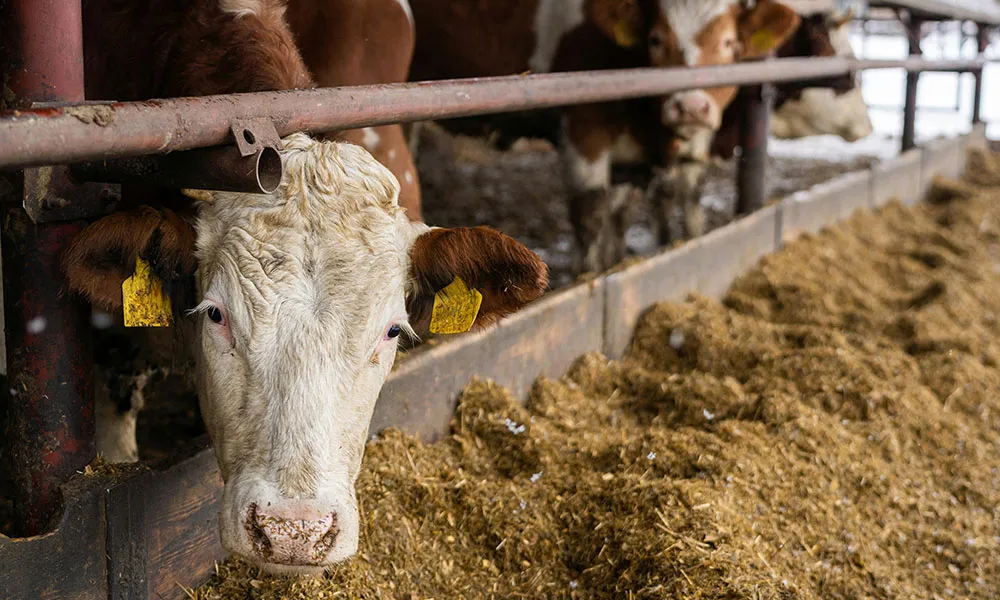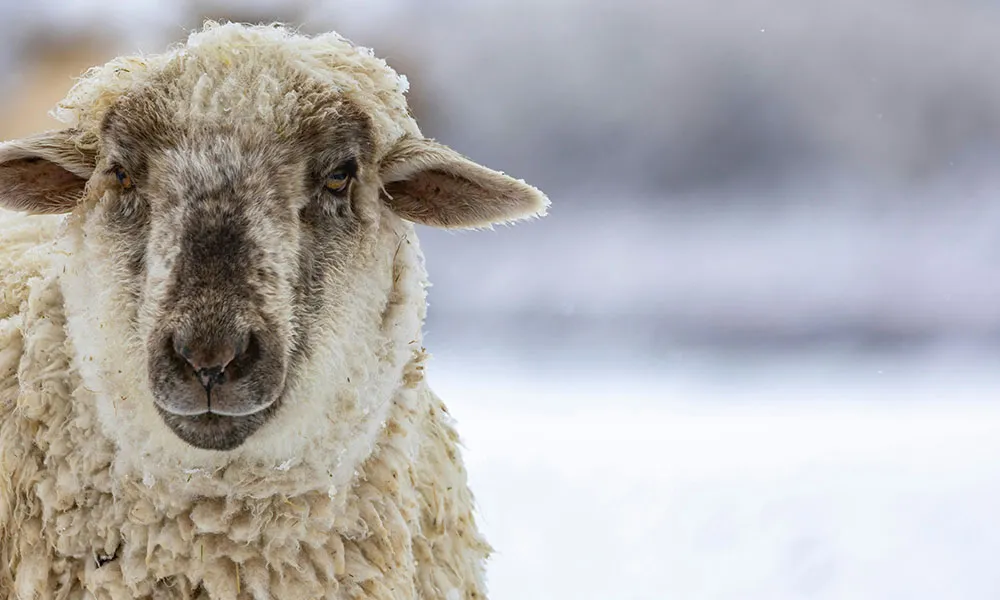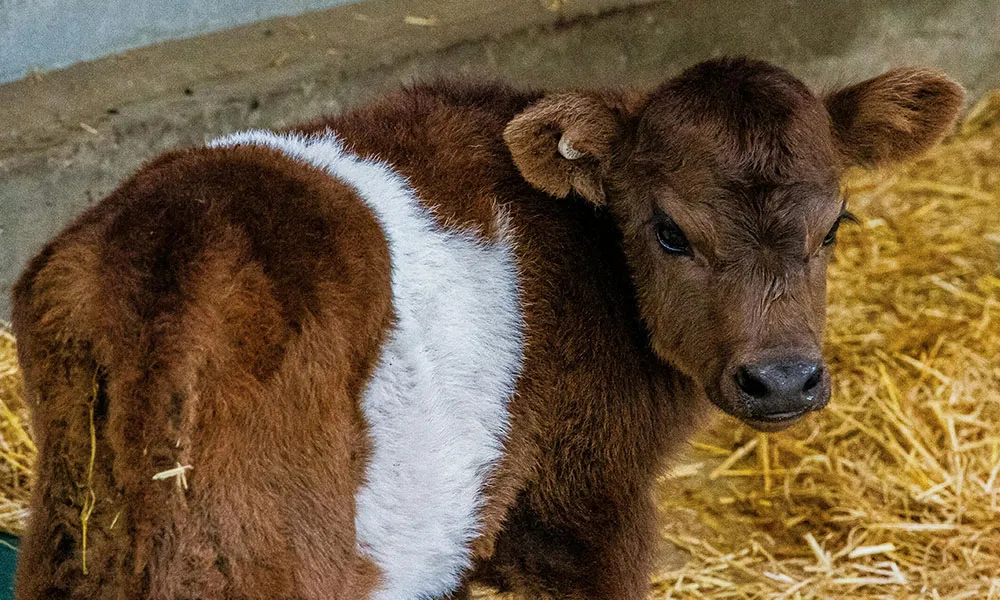
A stupid insult
Nowadays, sheep are a byword for stupidity. To call someone a sheep is to imply that they are weak, unintelligent, and easily led. In many of those pointless arguments in Facebook comments sections, the term “sheeple” is trotted out as a derogatory swipe at someone’s intellect. I roll my eyes whenever I come across this word. To believe oneself enlightened beyond the rest of the human “flock” is the trait of the fatally ignorant. Though the user may think himself very witty, the “sheeple” portmanteau is hackneyed and lazy. Ironically, the keyboard warrior wielding it betrays the very lack of originality and individuality that he seeks to criticise in others.
Even more annoying from the point of view of sheep enthusiasts, he betrays a stark but all too common misjudgement about the mental faculties of the ovine species. Our prejudices about the intelligence of sheep reveal a lot about how our culture unfairly conceptualises cleverness and stupidity; but they have very little basis in fact. At any rate, the more time you spend around them, the more you will come to appreciate the relative intelligence and sensitivity of sheep.
Learning from pet lambs
Since I was young, I have known that sheep are not as helpless or stupid as their reputation would have us believe. As a teenager, I raised a pet ewe lamb that I rescued from a ravine at the back of our house. Keeping her fed became a project that consumed most of my summer holidays. After a week or so of walking around the farmyard with a small lamb by my side like a dependent child, it became clear that she could distinguish between human identities. Knowing me to be the carrier of the bottle, her only source of food, she would follow me everywhere; but she never bothered to trot around after my brothers or sister. This recognition was no mean feat, considering that most humans can’t distinguish the difference between two sheep unless they are very familiar with them.
My surprise didn’t end there, either. At the time, I was obsessed with sports and would practice dribbling and shooting in the lawn several times a week. Expecting the lamb to lie down and dumbly watch, I let her come with me on the first evening. She turned out to be an excellent footballer. After watching me for a few minutes, she trotted over to join the game. Whenever the ball came close to her, she would drop her head and poke the ball along with her nose, “dribbling” it quite skilfully until she inevitably lost control like an over-enthusiastic winger.
A form of play
Now some might take this as evidence of the lamb’s stupidity. By simply mimicking my behaviour, she was proving the point that sheep are rather brainless animals. But that interpretation misses an essential point. She wasn’t simply mimicking me, reproducing my behaviour, for the sake of it. In reality, she understood precisely what was happening. She had observed and learned how to engage in a new form of play.
My father recounts a similar story. In his youth, he had a pet lamb who slept with the dogs in the shed. Within a few weeks, the lamb was enthusiastically chasing cars with the collies. While the dogs raced alongside the vehicle and tried to bite the moving tyres, the lamb pressed her mouth towards the wheel in toothless imitation. Few of us would reject the premise that dogs are playing when they chase cars, so why should we suppose that the lamb wasn’t doing the same thing?
My point is this: engaging in the play of other species is not characteristic of a catastrophically stupid creature. It is, in fact, evidence of a strong capacity to learn.
Now that’s what I call smart
Science backs up the proposal that our sheep are actually quite intelligent. A 2001 study of sheep behaviour found that our supposedly stupid ovines can recognise and remember at least 50 faces for as long as 2 years. That, as some researchers have observed, is a retention level higher than many humans. Though I am embarrassed to admit it, it may be higher than my own. Keith Kendrick, who led the experiments on sheep memory, maintained that the animals recognised individuals by their face pictures and would vocalise their response upon recognition.
But that’s not the only evidence of the extraordinary intelligence of sheep. They are also capable of working their way out of complex mazes with relative ease; self-medicate for illness by seeking out and eating certain plants when they feel unwell; and boast a field of vision estimated at over 300 degrees.
That’s getting into superhero territory – sheeple indeed!
Sociable animals
Perhaps the most endearing feature of the humble sheep is its ability to form relationships. Numerous studies have demonstrated that sheep are remarkably sociable animals. They strike up strong and lasting bonds of friendship, stick up for their friends in fights, and grieve at the death or disappearance of companions. In short, they experience a range of emotions – joy, sadness, despair – as complex as that of human beings.
Also like humans, sheep have sexual preferences. For instance, approximately 8% of sheep appear to have homosexual tendencies. Most farmers can attest to this. I know that we had a ram a few years ago who wasn’t particularly interested in ewes but became very energetic when put into a field with a couple of weathers!
Don’t be stupid: respect your sheep’s intelligence
So there you go. The next time you complain about how stupid your sheep are for following each other around or breaking out of fields or generally being a nuisance, maybe step back and take another look. Are they really so stupid, or are you just being silly?










